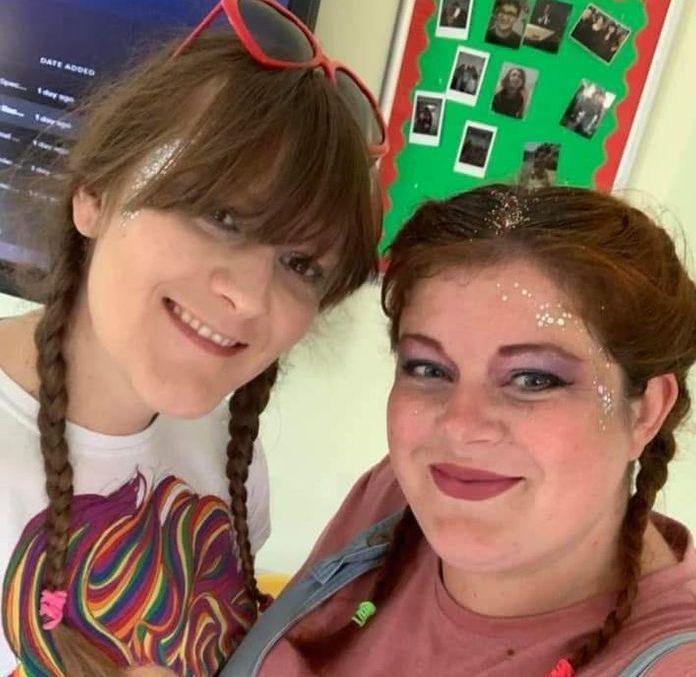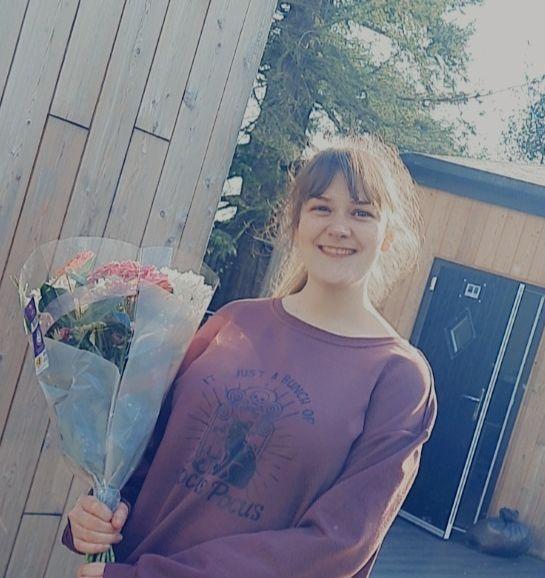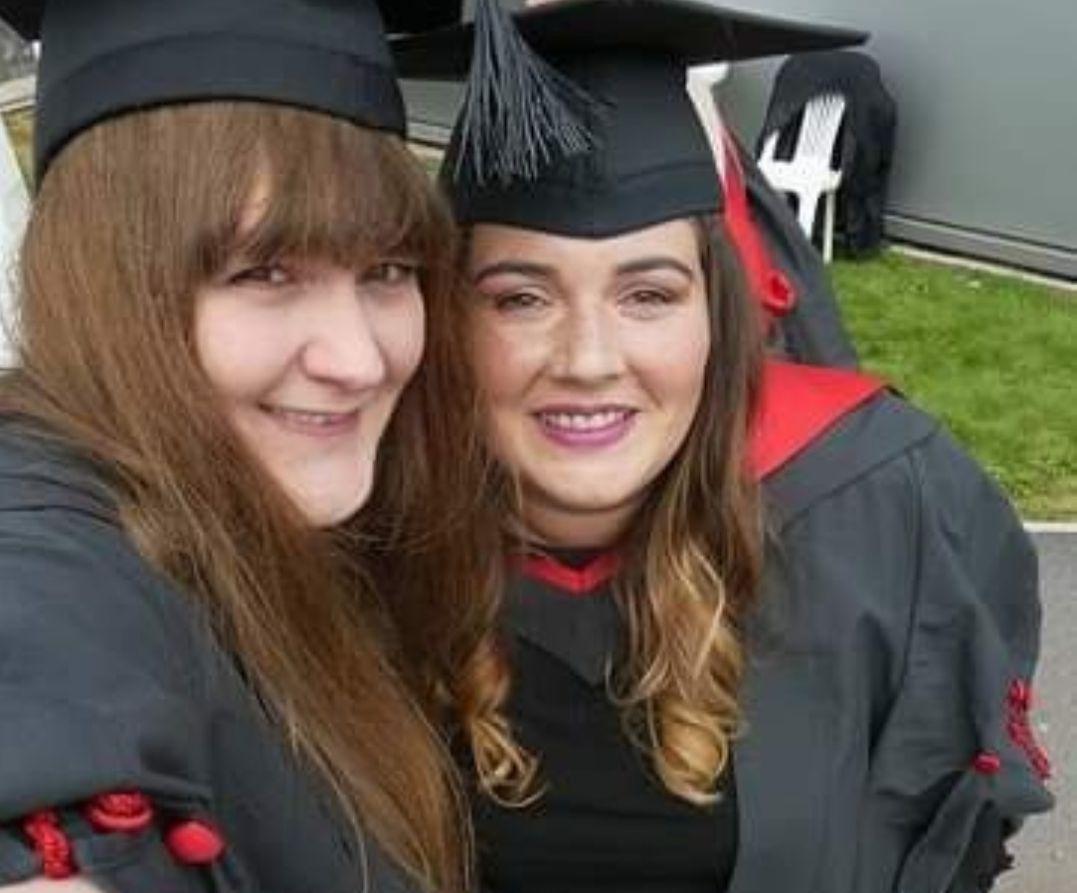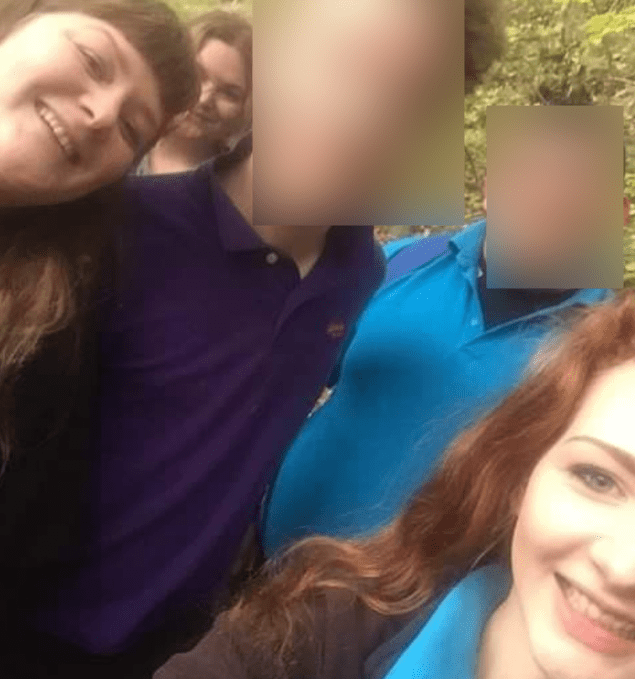
31st March 2022
BLOG - My Journey Into Autism
I believe Autism is a varied and complex field that cannot be generalised to a single definition. During my time at Orbis, every neurodivergent person I’ve had the pleasure of meeting and working with has been so unique and different from the next. Meeting unique and special individuals is something I truly love about my work. I always find myself learning something new from the pupils I work with, whether it’s a new method of communication or simply a new approach to a task. When it comes to thinking outside the box, the box doesn’t exist for these individuals.
I recently found a deeper level of personal connection with the autism world after being diagnosed as a neurodivergent myself. It has been during this journey that I’ve also learnt that many of the personality traits that make me who I am today have been down to my neurodivergence, which is something I will never change.

While we celebrate Autism Awareness Week this week, my wish for the future is for us to focus far more on autism acceptance and understanding instead of awareness. As a disability, autism has been a popular topic of conversation for many years, meanwhile, discussions around how people can make appropriate adaptations and have a greater understanding of autism have been rare. Adopting this approach will allow many neurodivergent individuals to no longer feel the need to hide behind a mask to fit in, but to feel as though the world has adapted for them.
Having been a member of the Orbis team for a few years, my time working within Autism care has changed my life and how I see the world. Since teaching dance lessons at the age of 15, I knew that teaching was a passion of mine.
Throughout my time in school, I would question teachers on their teaching styles and approaches, eager to learn more. I was often knocked back with comments such as ‘you don’t need to know, that it isn’t on the exam’. Pair this with some severe undiagnosed dyslexia and hyperactive tendencies… I became known as the under-achieving disruptive child, so my dream of teaching fizzled away. How could I teach if I cannot be taught?

"Everybody is a genius. But if you judge a fish by its ability to climb a tree, it will live its whole life believing that it is stupid"
Albert Einstein
Despite going through school having had my interest in teaching quashed by disinterested teachers, the passion quickly reignited itself while at college, where my dyslexia was finally diagnosed during my first assignment. I finally felt as though my struggles in school were validated in that I wasn’t lacking intelligence, simply that I expressed my intelligence in a different way to my fellow pupils. This motivated me to want to work with children and to be able to be someone who could potentially identify and support a child who displayed similar traits to myself. Knowing that I could provide some much-needed guidance and support to a child, who is going through similar struggles to mine, made my journey even more important.
Following roles as a Student Ambassador at university, Deputy Manager and SENCO for a local nursery, I discovered a job vacancy for an Learning Support Assistant in Ty Coryton. While I’m not suited for a role in an office setting and seemingly ‘can’t teach’, I thought this could be the perfect role for me. A role where I would be able to make a difference in someone’s life every day. On my first day in the role, I remember thinking... “I have found my company”. Both staff and pupils enjoyed the learning environment, the learning approaches were pupil-centred, and most importantly, the staff cared about the happiness and wellbeing of the young people.

Since then, I have worked my way through my PGCE, transferred to Ty Bronllys, became a teacher, and am now the Deputy Head of Education. A role I wouldn’t have dreamt possible when I was at school. I love that Orbis allows me to be truly person-centred and teach in a way that suits the needs of each pupil. With my diagnosis, I think of it as very serendipitous that I have ended up working in an area where I can drive the changes that help to overcome the barriers I faced growing up in a neurotypical school in the 90s.
I’ve learned so much during my time in autism care. One of the most important lessons has been once you have met one neurodivergent person, you’ve only met one. The spectrum, the level of need and interest varies wildly from person to person, and there is no one size fits all for a fix, approach or method.

While my role is to teach young people, I often feel that I learn more from them, from compassion and empathy to understanding and adaptability, there is no limit to what I learn by working with the individuals. In most careers, you need a plan A and B to get you through the day. Often while working in autism care, you will need a plan A-Z, as every day is different, and you have to be adaptable to what the day brings.
Every day, I feel privileged to be in a position where I can see the progress that our pupils make, no matter how small. The job can be challenging at times, but when you see one of your pupils achieve something you’ve been working on that term, there’s no feeling like it!
Danielle Coakley-Hardy
Deputy Head Teacher
Ty Bronllys